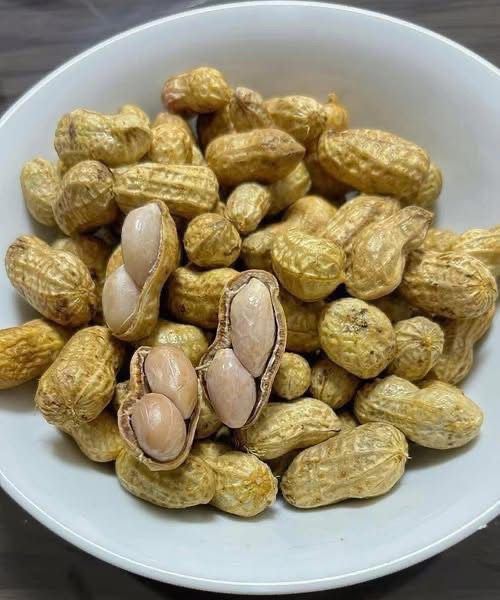There’s no credible evidence that simply eating peanuts causes a broad health problem for most people. However, there are specific situations where peanuts can be harmful. Let’s break it down:
✅ Potential benefits
- Several large studies show that eating peanuts regularly (in moderation) is associated with lower risk of coronary heart disease and stroke.
- Peanuts also appear associated with lower markers of inflammation.
- They’re nutrient‑rich: they contain protein, healthy fats, fiber, vitamins and minerals.
⚠️ Where harm can occur
- Allergy: A small but important number of people are allergic to peanuts. For them, eating peanuts can cause hives, swelling, difficulty breathing, even anaphylaxis.
- Contamination & storage issues: Peanuts (and other nuts) can become contaminated with aflatoxins (toxins produced by moulds) if they are improperly stored or processed. There are reports this can lead to liver damage or increase liver‑cancer risk under those bad storage/contamination conditions.
- Portion size / dietary context: Peanuts are calorie‑dense. Excessive consumption without balancing overall diet/energy intake might contribute to weight gain or fat accumulation, which may indirectly affect health.
🧐 So, what about the headline: “Eating peanuts causes …”?
- If the headline claims “Eating peanuts causes [blank] for everyone” (e.g., “eating peanuts causes acne”, “eating peanuts causes liver disease”, etc.) — that would be misleading. For example, one source says the idea that peanuts cause acne is a myth.
- If the claim is more specific — e.g., “Eating poorly‑stored peanuts contaminated with aflatoxins can cause liver damage” — then yes, there is some evidence supporting that caveat.
- For most healthy people, moderate peanut consumption is more likely beneficial than harmful (unless they have an allergy or particularly poor storage/supply quality).
🔍 My takeaway (and what to watch for)
- If you have no peanut allergy and are eating quality‑controlled peanuts (good storage/processing), moderate consumption (e.g., a handful several times per week) appears safe and likely beneficial.
- If you suspect you are allergic, or have liver disease and suspect contaminated food supplies, then caution is warranted.
- Headlines that say “Eating peanuts causes [a major disease]” without nuance/context are likely oversimplified or even false.
- Always check: where the peanuts are from, how they’re stored/processed (especially in places with hot/humid storage conditions).
- As always with nutrition: context matters (overall diet, total calories, other health conditions).
